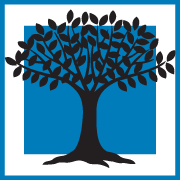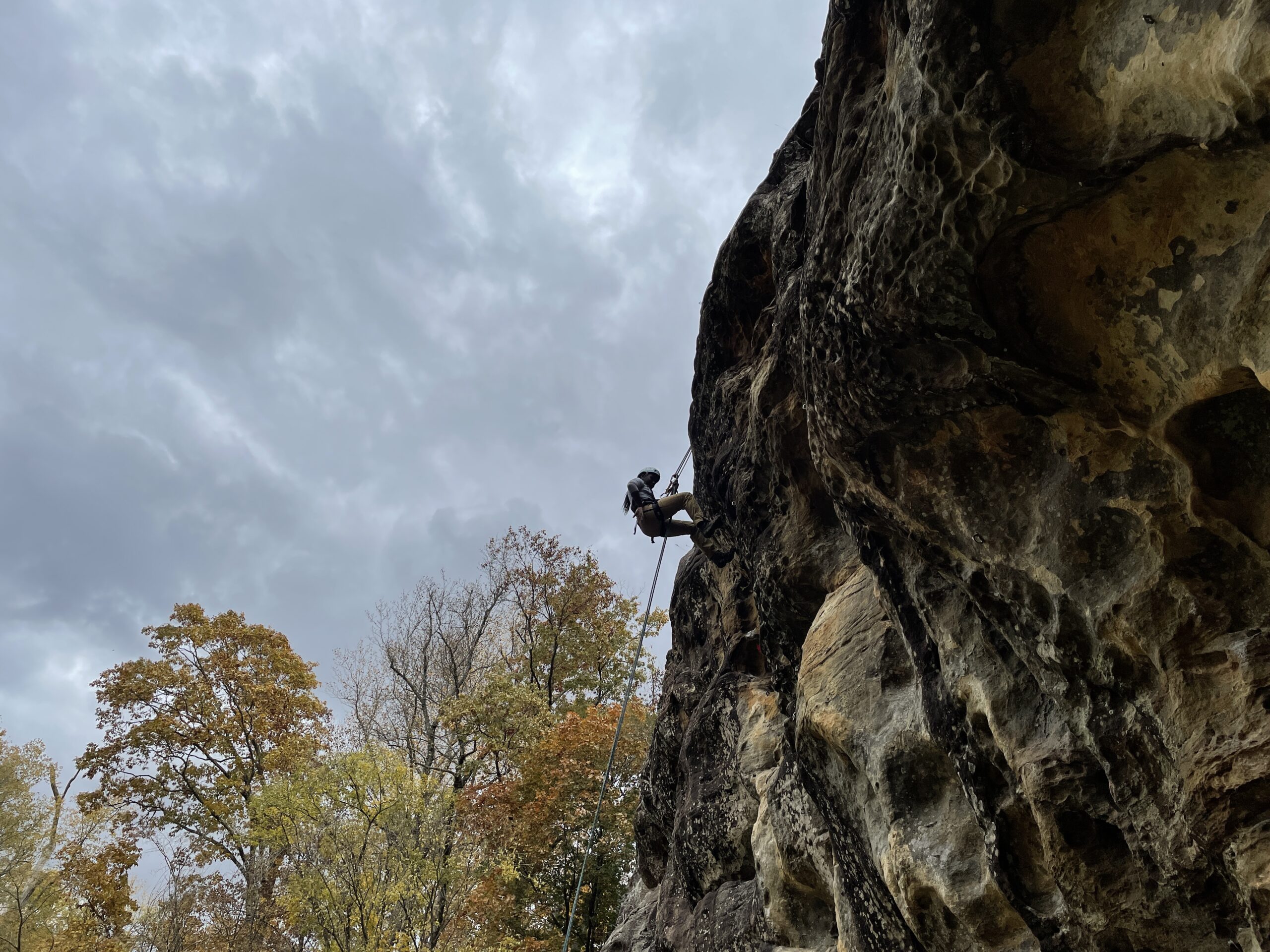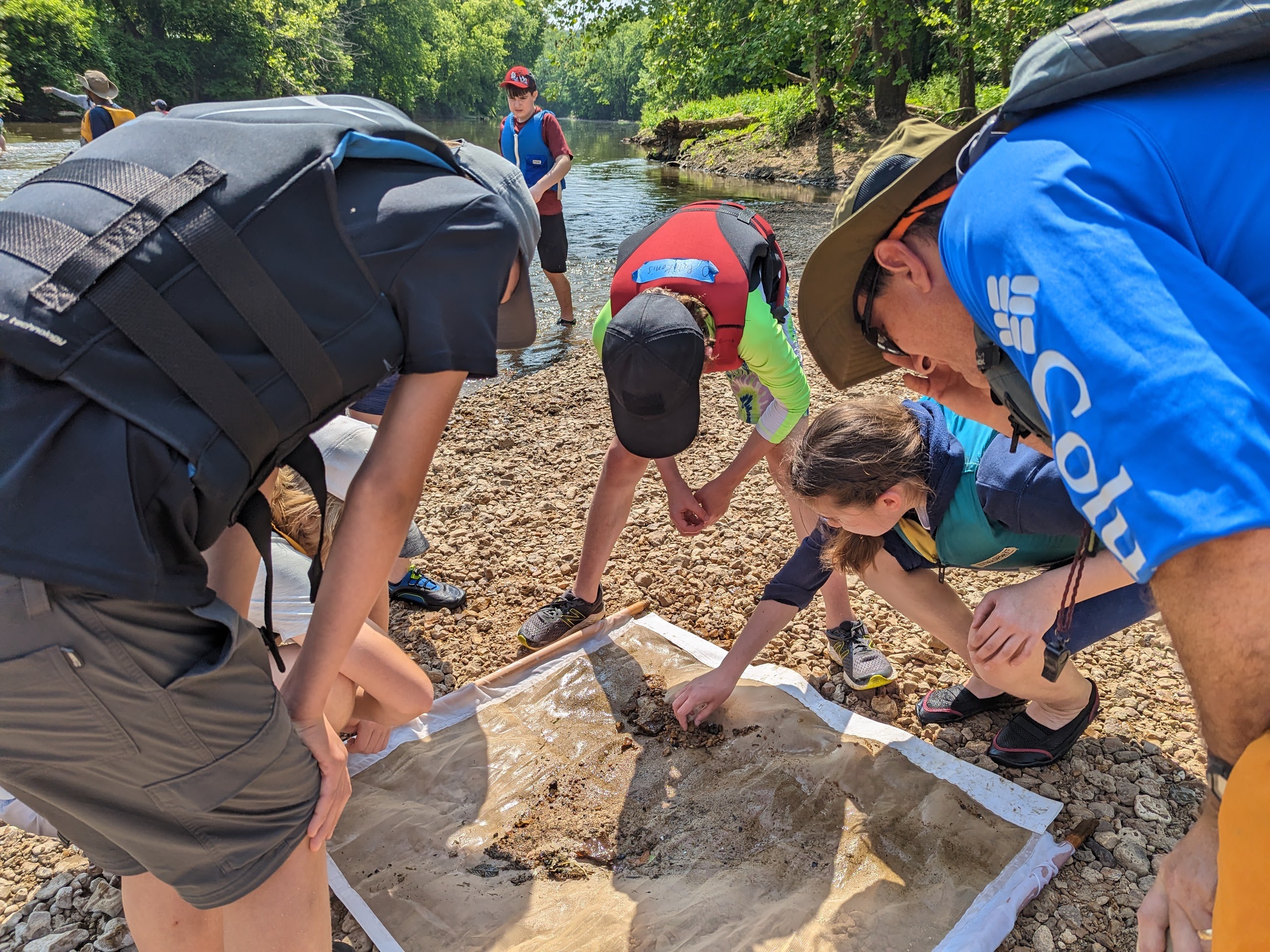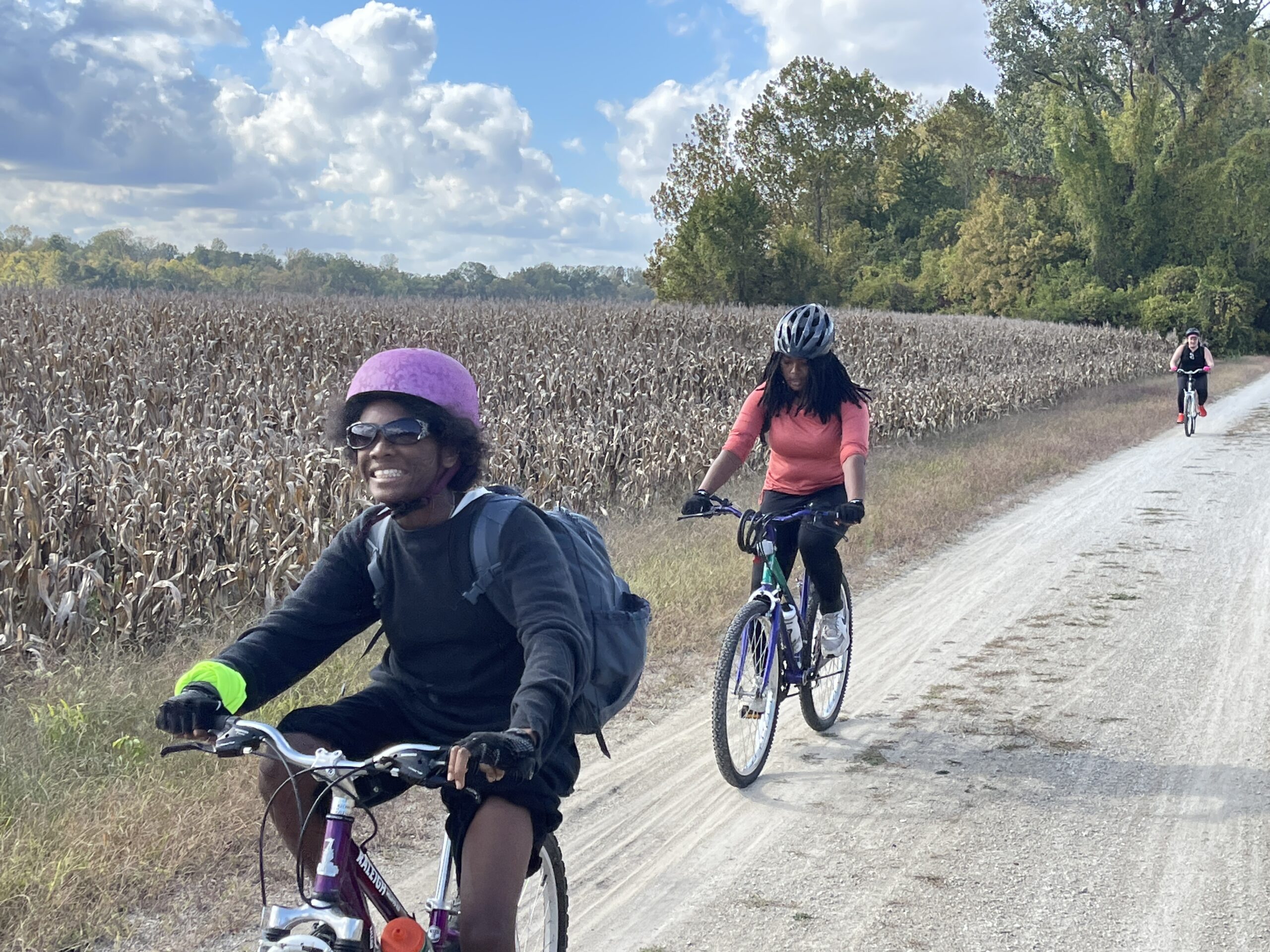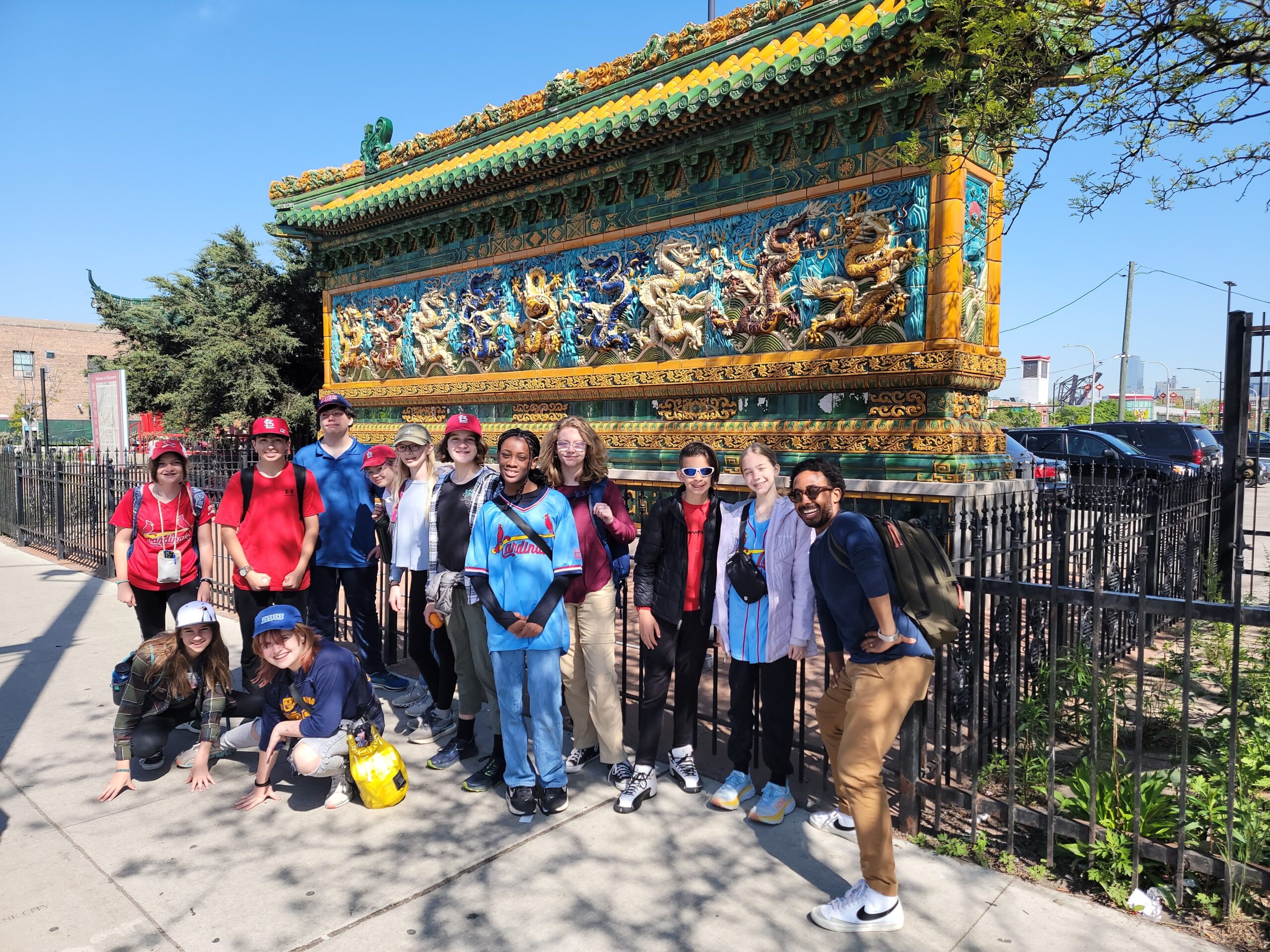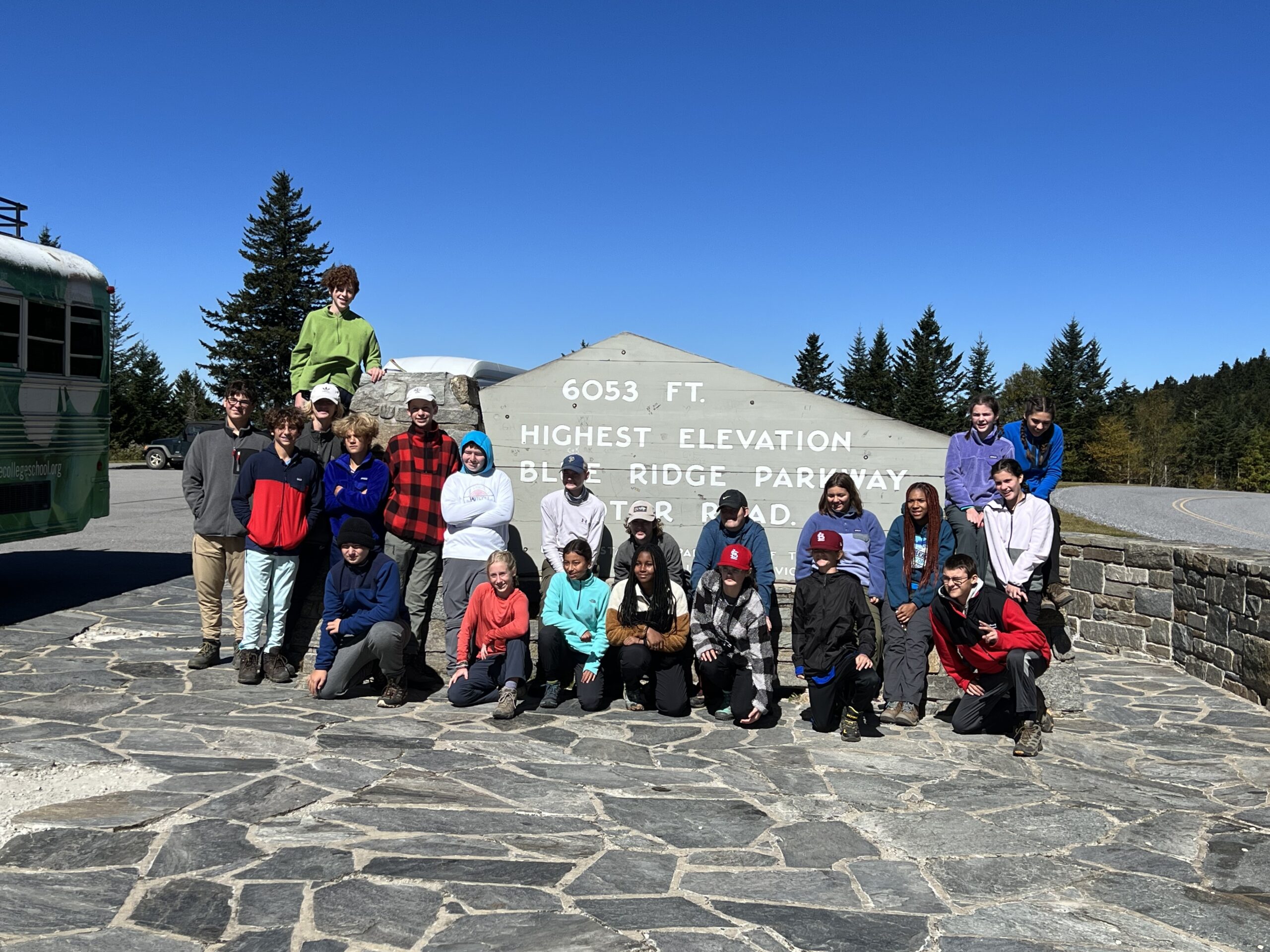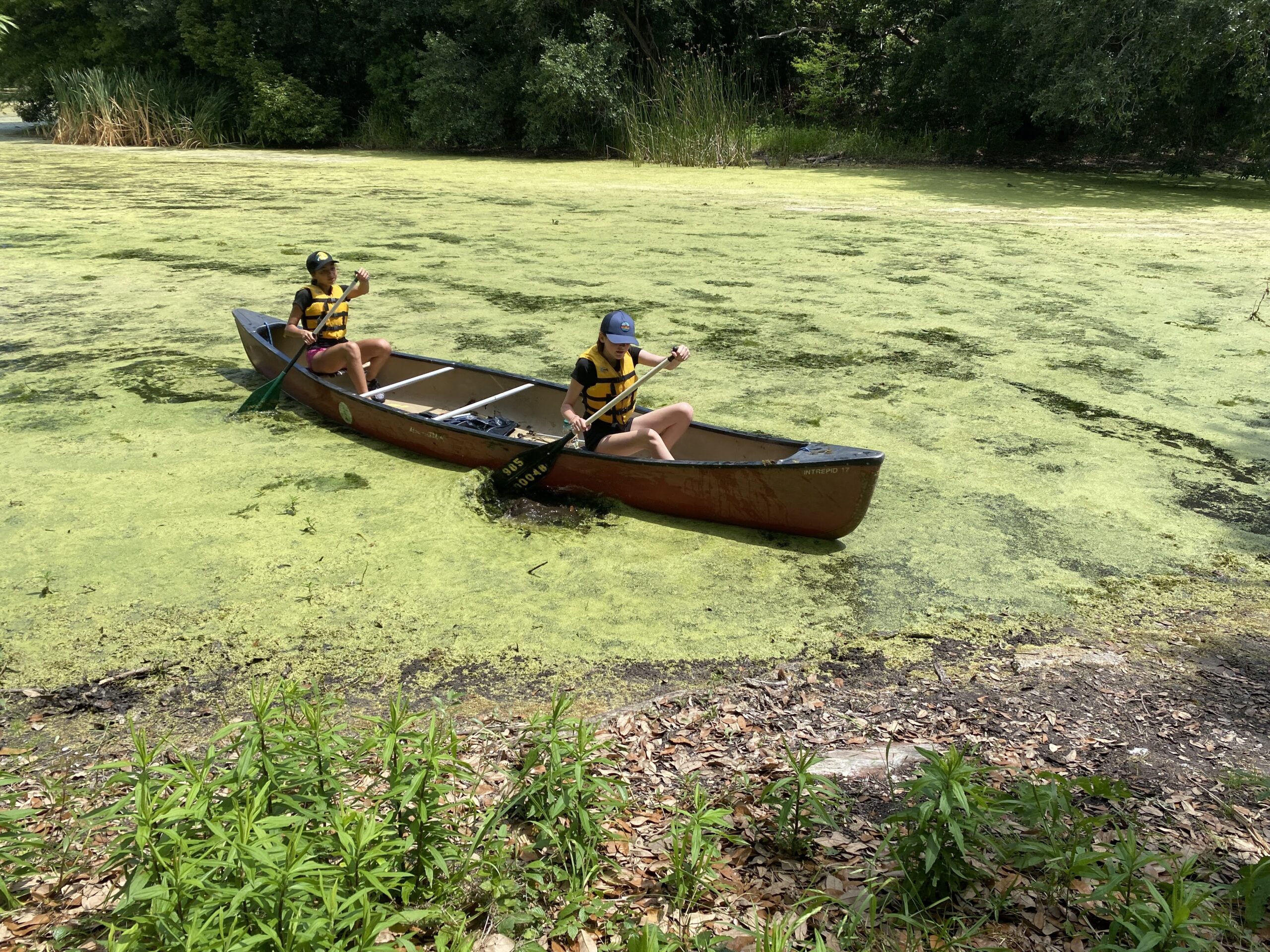Middle School at The College School is about more than academic preparation and growth; it is also about social growth, self-awareness and preparation for life. The Middle School experience is based on a challenging, thematically-integrated, experiential curriculum. Our program encourages risk-taking, builds confidence, nurtures creativity, fosters collaboration, celebrates diversity, develops leadership, and inspires lifelong learning. Click here to read our Middle School overview for an in-depth looks at our program.
When asked how they would define our middle school community at The College School, our students came up with the following answer to what middle school is:
Math, Science and Language Arts
Mathematics at The College School follows a developmental continuum that includes basic computation, geometry, estimation, problem solving, and algebra. Math is often integrated into other classes as students create graphs and surveys, solve group problems, or predict outcomes of experiments. To prepare for these real-world uses of mathematics, as well as prepare for the more advanced math they will encounter in high school, students build their mathematical thinking and skills in their daily math class. The physical and natural sciences are explored through a variety of exploratory courses and during theme studies. In practice, students take above and beyond the minimum requirements in science, social studies, and the arts. The system of choice, however, allows students to pursue their interests. One student may take five science courses and two social studies courses, while another student may take the reverse. Language Arts instruction centers on developing students as readers, writers, and speakers. In most of their classes, students are asked to read critically, write analytically or creatively, and speak powerfully. These skills, while integrated throughout the other parts of the curriculum at The College School, are taught directly in the daily Language Arts class.
Theme
Wilderness Experience
Sixth Grade: The Wilderness Experience is a theme that focuses on personal growth, teamwork, outdoor skills, and stewardship. Through weekly day trips, such as rock-climbing and canoeing, sixth graders experience challenges that help them develop a wide range of skills, which are tested during a culminating five-day backpacking expedition to Shawnee National Forest in southern Illinois. Throughout the theme, students also learn to reflect upon and take responsibility for their learning. They discover more about their personal and collective strengths, ultimately learning that they can do more than they first thought they could. In the end, students learn many lessons, such as perseverance, trust, and cooperation, which they can then apply to many situations throughout their school and personal lives. Academic integrations include connected literature study, problem-solving skills, reflective writing, and research projects.
Stewardship
Sixth Grade: The Stewardship theme focuses on several big questions, including: How do political and philosophical differences, including preferences for liberal and conservative ideas, impact community decision-making? How important is it to recognize and appreciate multiple perspectives? What are the responsibilities of citizens, especially as it relates to land and water management? Why is it so important to understand watersheds, both as it relates to hydrology and the impact of pollution on the environment? Through debates, class discussions, and numerous field trips to Jefferson City, the National Ozark Scenic Riverways, and other areas, students get a first-hand glimpse at how human decision-making affects various landscapes around Missouri.
Environmental Issues
Seventh Grade: Students look at a variety of environmental topics, including global access to resources like food and water, types and uses of energy, and pollution. Students engage in a variety of readings, in-class activities, simulations, documentaries, and field trips as they learn about and discuss the issues that impact our world. Students also work on their presentation skills as they research and present “current events” that relate to issues of environmental concern that are of particular interest to them.
Finally, throughout the trimester, students explore cycling as an alternative form of transportation as they prepare for their four-day bike trip. Students learn, among other things, how to fix a flat, work their gears, safety check their bikes, and ride safely in a group on streets with minimal traffic.
Urban Experience
Seventh Grade: Students learn to use public transportation, explore neighborhoods, and interact with local residents and city officials to better understand the strengths and issues of urban environments. After weeks of exploring and identifying urban issues in the St. Louis area, the class travels to Chicago for a four-day investigation of its unique urban qualities. Students explore Chicago, researching urban issues there and comparing and contrasting their experiences. Finally, students share reflections through carefully crafted radio podcasts with the help of personalities from National Public Radio.
Field Ecology
Eighth Grade: Field Ecology is a science-based multidisciplinary theme. Science, math, geography, technology, art, adventure, and outdoor education are all part of this theme. Students apply for scientific jobs (Botanist, Chemist, Zoologist, etc.) that are part of ecological research. They learn the science behind their job and learn to work in teams across disciplines to gather information from a variety of environments that they visit as part of the class. They gather data on the living and non-living aspects of the sites they study. During the theme, students take a nine-day trip to the Southeastern United States. On this trip, students study sites from the summits of the Appalachian Mountains through the watersheds of eastern North Carolina to the estuary and ocean environments of the Outer Banks. After we return from our trip, students break into groups to create a large graphic display, designed to share the information collected, their scientific conclusions, and the experiences they had throughout the trimester.
“Now What?”
Eighth Grade: The “Now What?” Theme combines service learning with adventure education and reflection. Eighth graders engage in challenging experiences that require them to build and strengthen individual and group capacities. Through a variety of local service opportunities (e.g. work in the wilderness, in urban communities, and so on), students use the skills they have developed during their careers at The College School to give back to the community. Students interact with a variety of service-based organizations and professionals to learn about their fields. The course culminates in an adventurous six-day trip to New Orleans that provides the class with an extended service opportunity. Throughout the process, students work to identify deeper lessons from their College School careers to craft their graduation speeches.
Exploratory Courses
Exploratories meet three times a week and focus on science, social studies, foreign language, technology, physical education, and visual or performing arts. Each trimester, a student will be enrolled in four exploratory courses, for a total of twelve courses over the school year. Students have over 50 choices of course offerings with subjects ranging from economics to Spanish, and from Social Justice to Shakespeare.
Example Exploratory Classes:
Field Zoology
Personal Finance
Computer Science
Archery
Performing Shakespeare
Graphic Design
….and more!
Leadership Opportunities
Junior Leaders
One of the unique features of Adventure Education at The College School is student leadership. It is not enough for our students to rock climb, spelunk, or navigate urban neighborhoods – we expect students to lead in those environments by sharing the skills and confidence that they begin developing in the earliest grades. At the core of this philosophy is TCS Junior Leadership. This program gives middle school students an extracurricular opportunity to volunteer in the service of our school. For instance, Junior Leaders organize and maintain the Adventure Education gear room, assist earlier grades on campouts and field trips, and contribute to Adventure Education curriculum, among their many responsibilities. Junior Leadership is an all-volunteer program that is open to students who qualify.
Student Service Leadership Program (SSLP)
The Student Service Leadership Program (SSLP) is a unique exploratory class that is offered to eighth grade students who have distinguished themselves through academics, service, and collaboration. Prospective students are selected by a committee of teachers and invited to participate in service learning projects within the school; their service work replaces one of their exploratories in the winter or spring trimesters. The projects depend on the interests and skill-set of the individual student. Some students work with younger grades, while others work on a project that would benefit the school as a whole. There are many possibilities, and the student is an active designer of his or her service experience.

